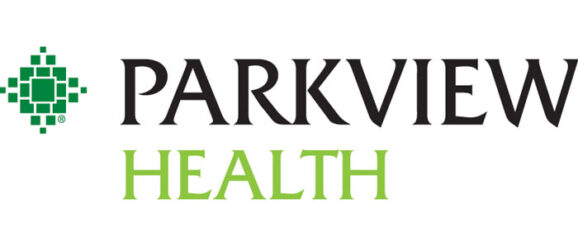Parkview Mirro Center For Research And Innovation Receives Nearly $1 Million Grant For Mental Health App Research

News Release
FORT WAYNE — The Parkview Mirro Center for Research and Innovation has received a nearly $1 million grant to develop and study the use of digital tools for mental health support specialists and their clients.
This five-year project is 100% funded by the Agency for Healthcare Research and Quality, or AHRQ, for a total of $990,015 and is the largest research grant Parkview has received to date.
“Current mental health applications have not been robustly evaluated in a clinical trial to prove their effectiveness,” said Tammy Toscos, director, Health Services and Informatics Research at the Mirro Center. “The technology we are building will be used immediately to better support addiction services, and some of the methodology we’re using to validate its efficacy might be useful in other studies looking at mental health applications.”
Parkview is developing its own digital tools for use by peer support specialists, who work directly with clients fighting addictions. The suite of both mobile and web-based applications will be used to foster communication and trust between specialists and their clients, and will also help collect and track additional information about a client’s progress.
Parkview started in-house design of the technology platform after winning the inaugural Innovation Challenge hosted by the American Hospital Association in 2018. After the project was put on hold to address the immediate needs of the COVID-19 pandemic, initial development took place and the project was expanded to include additional research goals, including a clinical trial.
While most addiction recovery studies focus on hard data points like relapses, recidivism and
overdoses, Parkview’s research will aim to collect and quantify additional nuanced data points within the Substance Abuse and Mental Health Services Administration’s, or SAMHSA, definition of recovery.
That information will seek evaluations and track progress on categories including a client’s self-care, social relationships, material resources and outlook on life.
Patients struggling with addictions may relapse or suffer setbacks but still be making overall progress toward recovery by making improvements, such as holding steady employment, rebuilding personal relationships and developing a brighter outlook about their own future.
Parkview’s technology platform will aim to better capture that arc and communicate it with peer specialists who walk alongside clients and connect them with resources to assist in their recovery.
“Addiction is a major national public health challenge and that includes our Midwest region,” said Michael Mirro, MD, FACC, FHRA, FAHA, chief academic research officer, Parkview Health.
“Not only will this project support lifesaving care improvement in our region, but this scientific effort will also provide valuable contributions to addiction treatment nationally that will benefit all patients and clinicians fighting this ongoing addiction pandemic.”
At the end of Parkview’s five-year project, researchers at the Mirro Center, in partnership with coinvestigator Dr. Erik Hess, chair of emergency medicine, Vanderbilt University, and consultants Dr. John Torous, director of digital psychiatry, Harvard Medical School, and Dr. Elizabeth Mynatt, dean of the Khoury College of Computer Sciences, Northeastern University, will analyze the effectiveness of the new digital tools, including how and how often clients and specialists used them, how the tools assisted in recovery and what new information collected might reveal about how to better treat patients battling addiction.
Once completed, Parkview plans to publicly release the code of its digital applications so other
healthcare organizations, recovery centers or developers can customize the software to suit their local needs.
